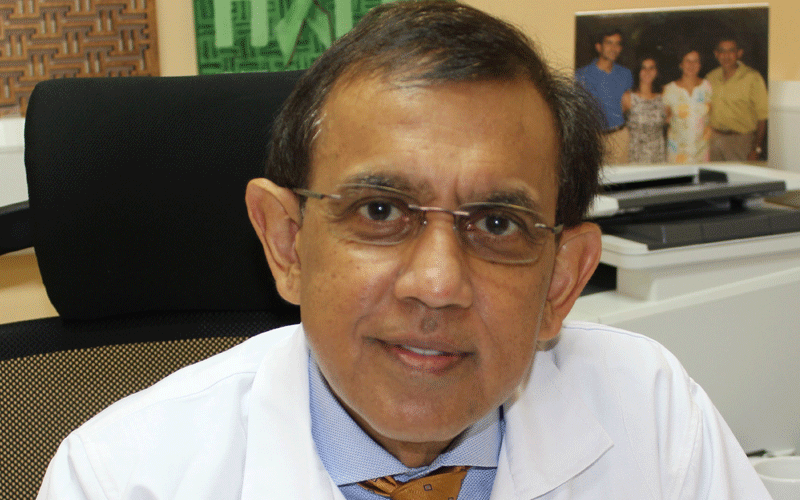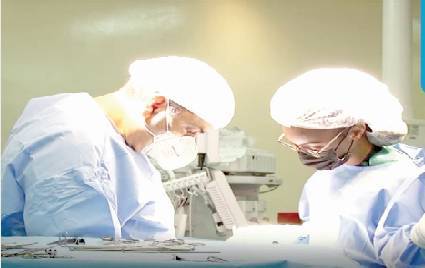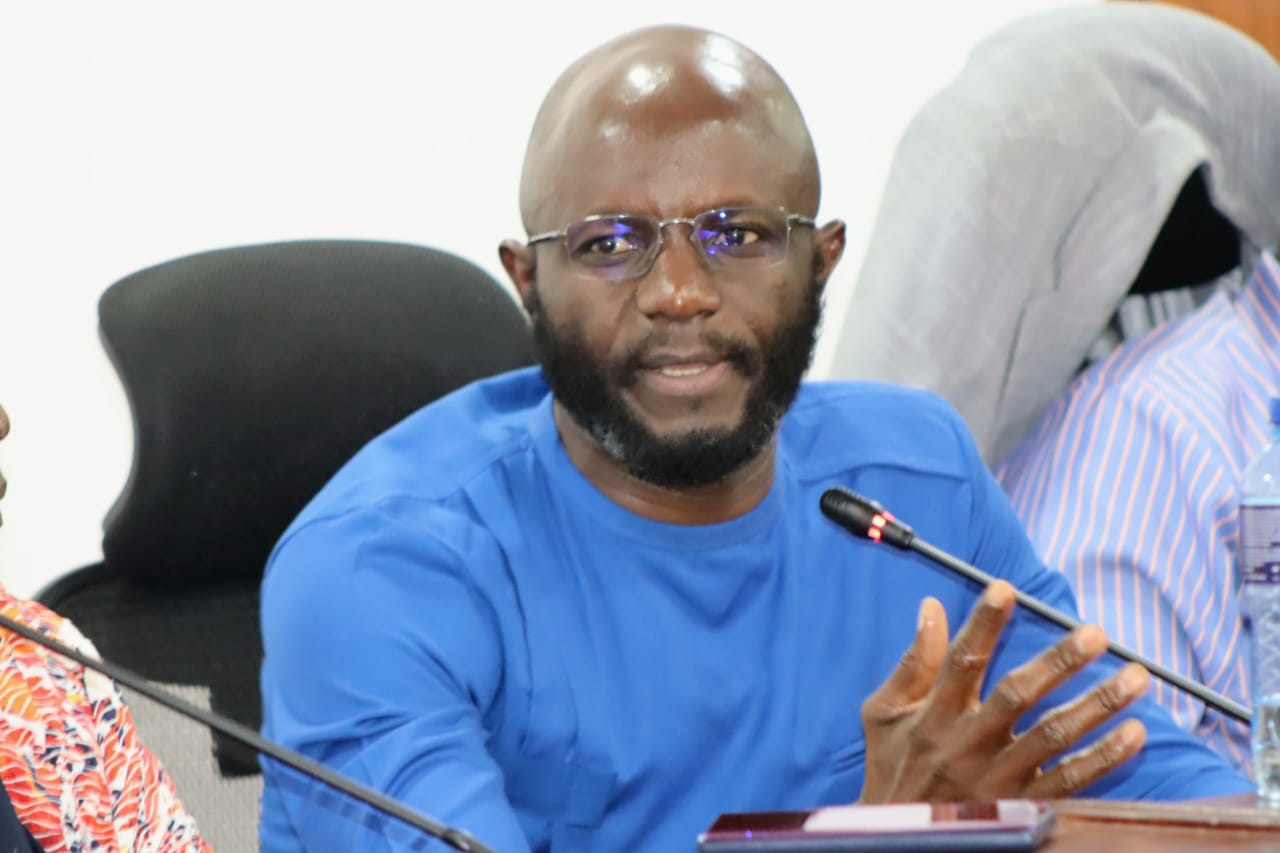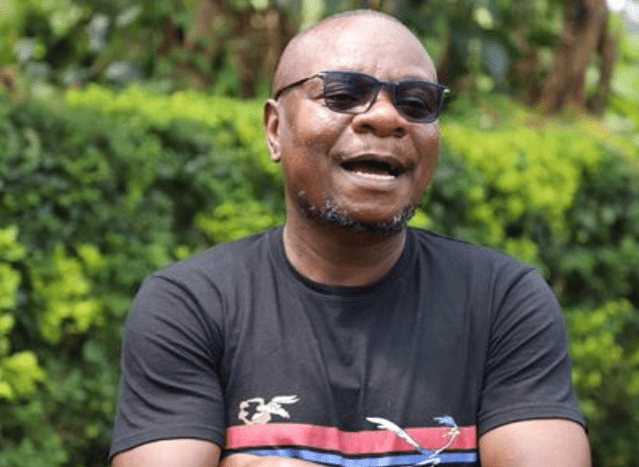Multi-disciplinary approach the way to treat breast cancer treatment

Prof Mansoor Saleh
Breast cancer is rising in Africa and not a day passes that we do not hear about a friend, family member, colleague, or acquaintance who has been diagnosed with breast cancer. It is a scary time in the life of any woman.
According to the World Health Organisation, breast cancer is the most frequent cancer among women, impacting 2.1 million women each year, and also causes the greatest number of cancer-related deaths among women.
In 2018, it is estimated 627,000 women died from breast cancer — that is approximately 15 per cent of all cancer deaths among women.
While breast cancer rates are higher among women in more developed regions, rates are increasing in nearly every region globally.
Globocan statistics show that Africa recorded 168,690 new breast cancer cases in 2018, out of the slightly over two million new cases globally.
Globocan 2018 is an online database providing estimates of incidence and mortality in 185 countries for 36 types of cancers, and for all cancer sites combined.
If breast cancer is detected early, there are more treatment options and a better chance for survival. It is, therefore, important to ensure timely and accurate diagnosis.
Diagnosis process
The diagnosis of breast cancer is a multi-disciplinary endeavor and involves experts in the fields of radiology and pathology.
It requires involvement of trained breast radiologist, who performs the mammogram, followed up with an ultrasound, or MRI and an image guided biopsy of the suspicious lesion.
That biopsy is then reviewed by a trained breast pathologist to determine the diagnosis and the pathologic characteristic of the tumour.
The treatment of confirmed breast cancer also involves a number of expert consultants.
It requires the input of an experienced breast surgeon, the medical oncologist who will administer systemic therapy, and the radiation therapist who may ultimately need to administer radiation.
A multi-disciplinary approach involving all three specialists seeing the patient and reviewing the case at the same time has been shown to provide optimal management of breast cancer.
This is critical since many patients may qualify for breast conserving surgery if tumours could be shrunk through chemotherapy before surgery.
The concept of a multi-disciplinary approach is new to Kenya, but has become standard practice at most major cancer centres in Europe and North America.
It is imperative that women are given options and choices in advance of having to make a critical decision in the management of their breast cancer.
Against this background, Aga Khan University Hospital, Nairobi launched the Multi-Disciplinary Breast Cancer Clinic (MBC) in July.
Held once a week, the clinic is for those women diagnosed with breast cancer and awaiting a treatment plan for the optimal management of their condition.
It provides an environment where the patient will receive all rounded consultation and care ensuring that they access the best care available, for diagnosis and treatment.
– The writer is the Chair of the Haematology-Oncology department, Aga Khan University Hospital, Nairobi.












